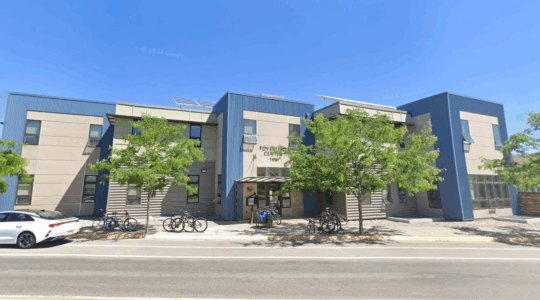BUENOS AIRES, March 17 (JTA) — “Sure it belonged to those Jews they bombed,” said a vendor in a flea market here. “It’s written funny, in Hebrew.” What he was trying to sell for $10,000 is a large brass plaque bearing a long list of names in Spanish and Hebrew. The twisted plaque, commemorating the founders of the Argentine Jewish Mutual Aid Association, or AMIA, once hung in the lobby of the group’s headquarters. The building was destroyed by a bomb on July 18, 1994. The trader, who calls himself “Dani,” was selling relics that were dug out by the police and firemen after the attack that left 86 dead and hundreds wounded. In fact, he was selling court evidence. On Monday evening, the official in charge of the bombing investigation, Judge Juan Jose Galeano, raided the flea market and impounded all the goods on sale. Argentine judiciary sources said in interviews that Galeano is tracking down objects already sold to collectors and will press charges against the sellers for trading in stolen goods. The AMIA relics were uncovered when a local television station used a hidden camera to expose “Dani” and his partner. Posing as buyers, the television journalists got the salesmen to display an extensive collection of sacred books, clocks, paintings and Hebrew-alphabet typewriters. The journalists were offered, in addition to the plaque, a half-burned Torah scroll for $200 and the wrecked remains of a piano for $1800. Asked by the “buyers” about how they got the remains of the AMIA building for sale, the vendors gave contradictory answers. “We just brought a truck to the place where they dumped the remains,” they said, adding later in the interview that they “got them from some cops.” Luis Dobniewsky, a lawyer for AMIA, called the vendors “vultures.” “They stole evidence that could only be removed by judicial orders.” The AMIA bombing, as well as the 1992 bombing of the Israeli Embassy in Buenos Aires, remain unsolved. Argentine Jews and Israelis quietly marked the sixth anniversary of the embassy bombing Tuesday. Relatives of the 29 victims gathered for prayers at the empty lot where the embassy stood, while diplomatic staff marked the anniversary with a private ceremony at the new embassy building.
JTA has documented Jewish history in real-time for over a century. Keep our journalism strong by joining us in supporting independent, award-winning reporting.





